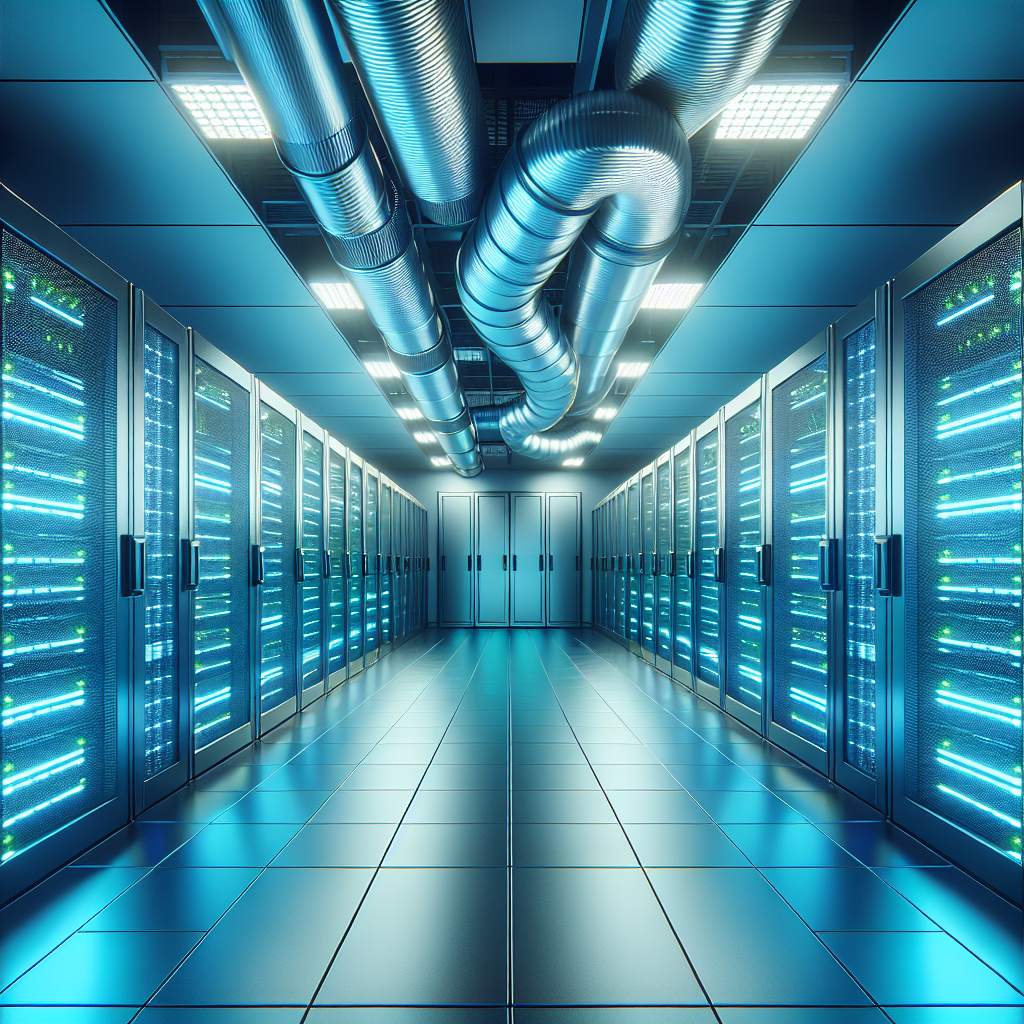Data centers are the backbone of the digital world, housing the servers and networking equipment that power the internet and cloud services. As the demand for data storage and processing continues to grow, data center operators are constantly looking for ways to improve efficiency and reduce operating costs. One area of focus is the heating, ventilation, and air conditioning (HVAC) systems that are essential for maintaining the optimal operating conditions for servers.
In recent years, there have been significant advancements in data center HVAC technology, and experts predict that there will be even more innovations in the future. Here are some of the trends that are shaping the future of data center HVAC technology:
1. Modular and scalable systems: Data center operators are increasingly turning to modular HVAC systems that can be easily scaled up or down to meet changing demands. These systems are designed to be more flexible and efficient than traditional HVAC systems, allowing data centers to adapt to fluctuations in workload and temperature.
2. Energy-efficient cooling solutions: Energy consumption is a major concern for data center operators, as cooling accounts for a significant portion of a data center’s energy usage. In response, manufacturers are developing more energy-efficient cooling solutions, such as liquid cooling systems and indirect evaporative cooling, which can significantly reduce energy consumption and lower operating costs.
3. Intelligent controls and automation: The future of data center HVAC technology lies in intelligent controls and automation. These systems use sensors and monitoring technology to optimize cooling performance, adjust airflow based on server workload, and respond to changes in environmental conditions in real-time. This not only improves efficiency but also helps prevent equipment failures and downtime.
4. Integration with renewable energy sources: As the push for sustainability grows, data center operators are increasingly looking to integrate renewable energy sources, such as solar and wind power, into their HVAC systems. By combining energy-efficient cooling solutions with renewable energy sources, data centers can reduce their carbon footprint and operating costs while meeting their sustainability goals.
5. Predictive maintenance and analytics: Data center operators are leveraging data analytics and predictive maintenance to optimize HVAC system performance and prevent costly downtime. By analyzing data from sensors and monitoring equipment, operators can identify potential issues before they occur, schedule maintenance proactively, and ensure that HVAC systems are operating at peak efficiency.
Overall, the future of data center HVAC technology is focused on improving efficiency, reducing energy consumption, and enhancing reliability. As data centers continue to play a critical role in the digital economy, operators will need to embrace these trends to stay competitive and meet the growing demands of the digital world. With advancements in modular systems, energy-efficient cooling solutions, intelligent controls, renewable energy integration, and predictive maintenance, the future of data center HVAC technology looks promising.


Leave a Reply